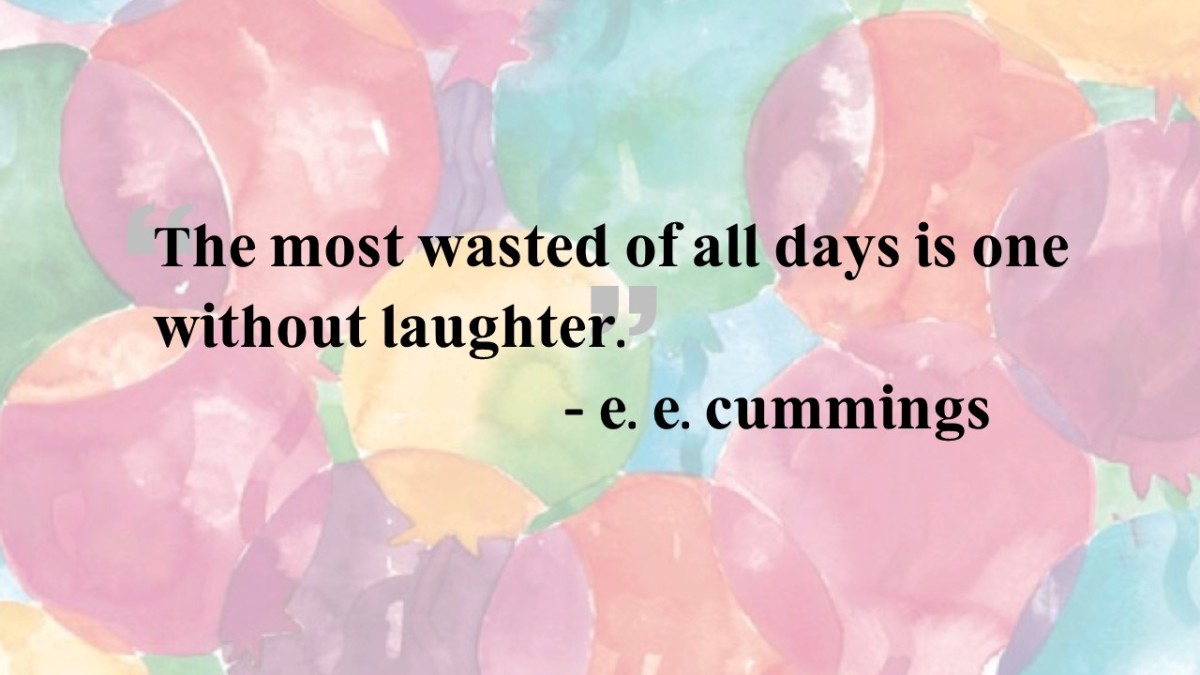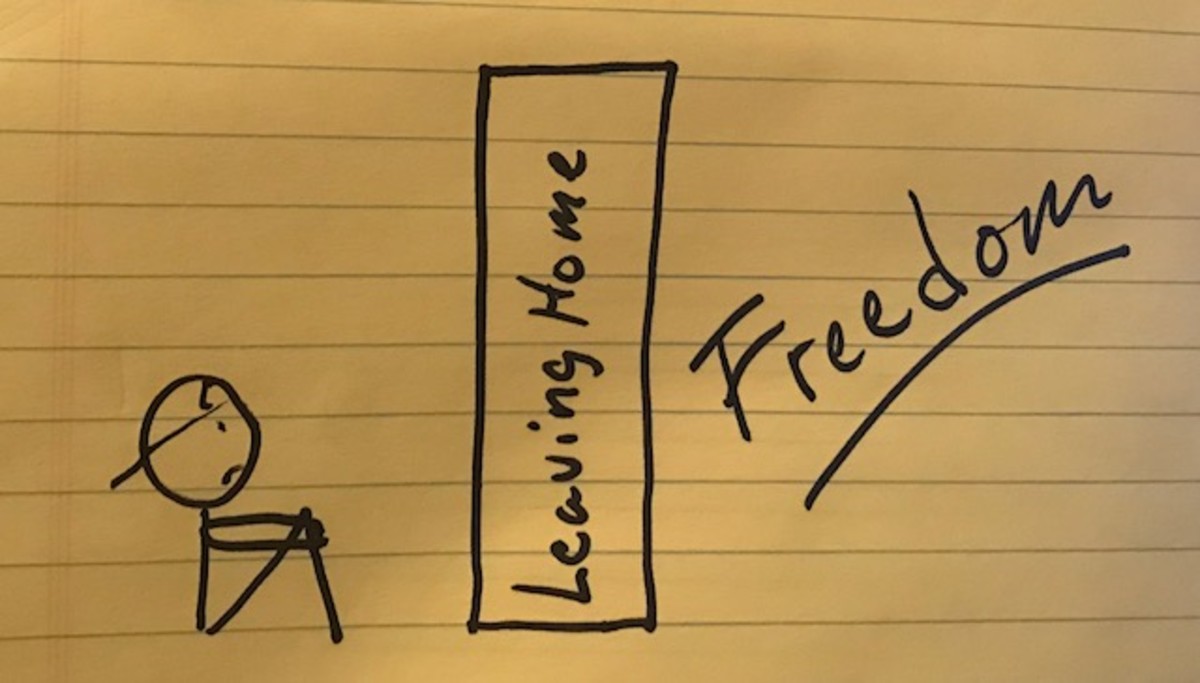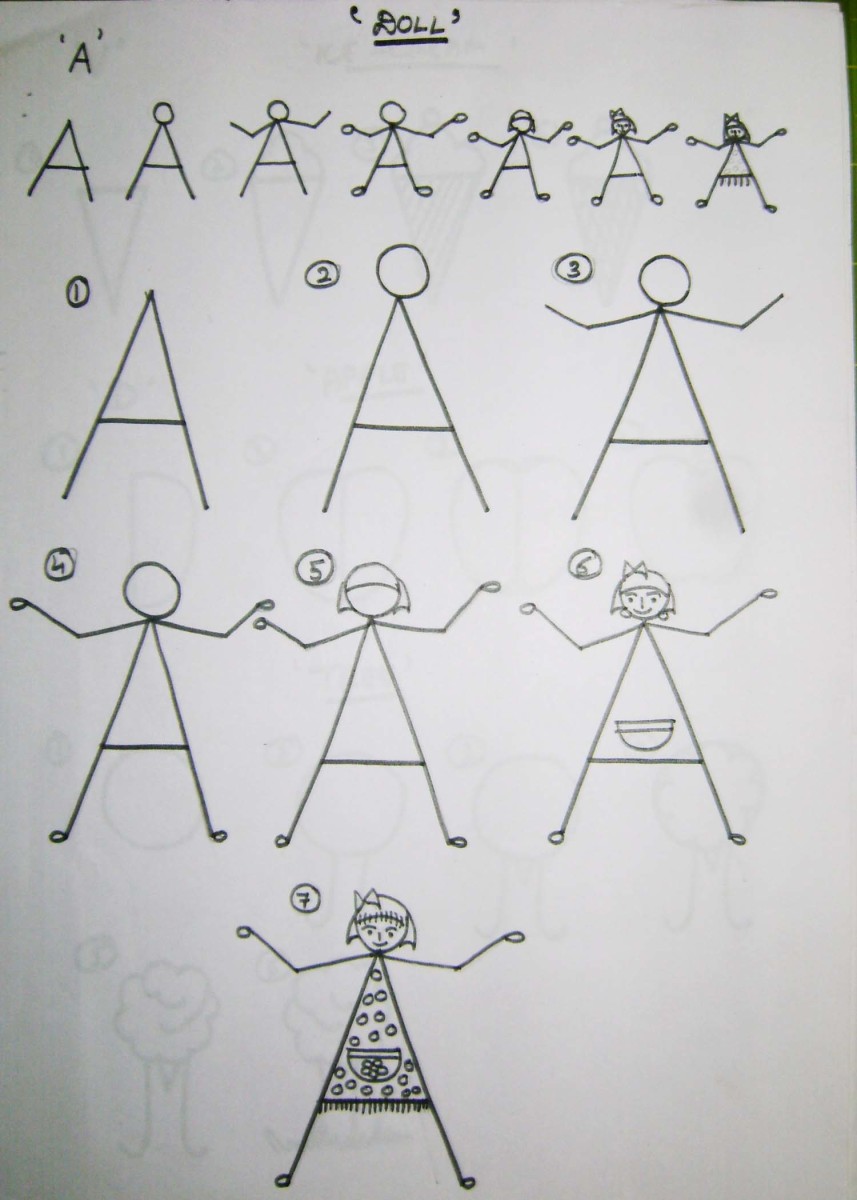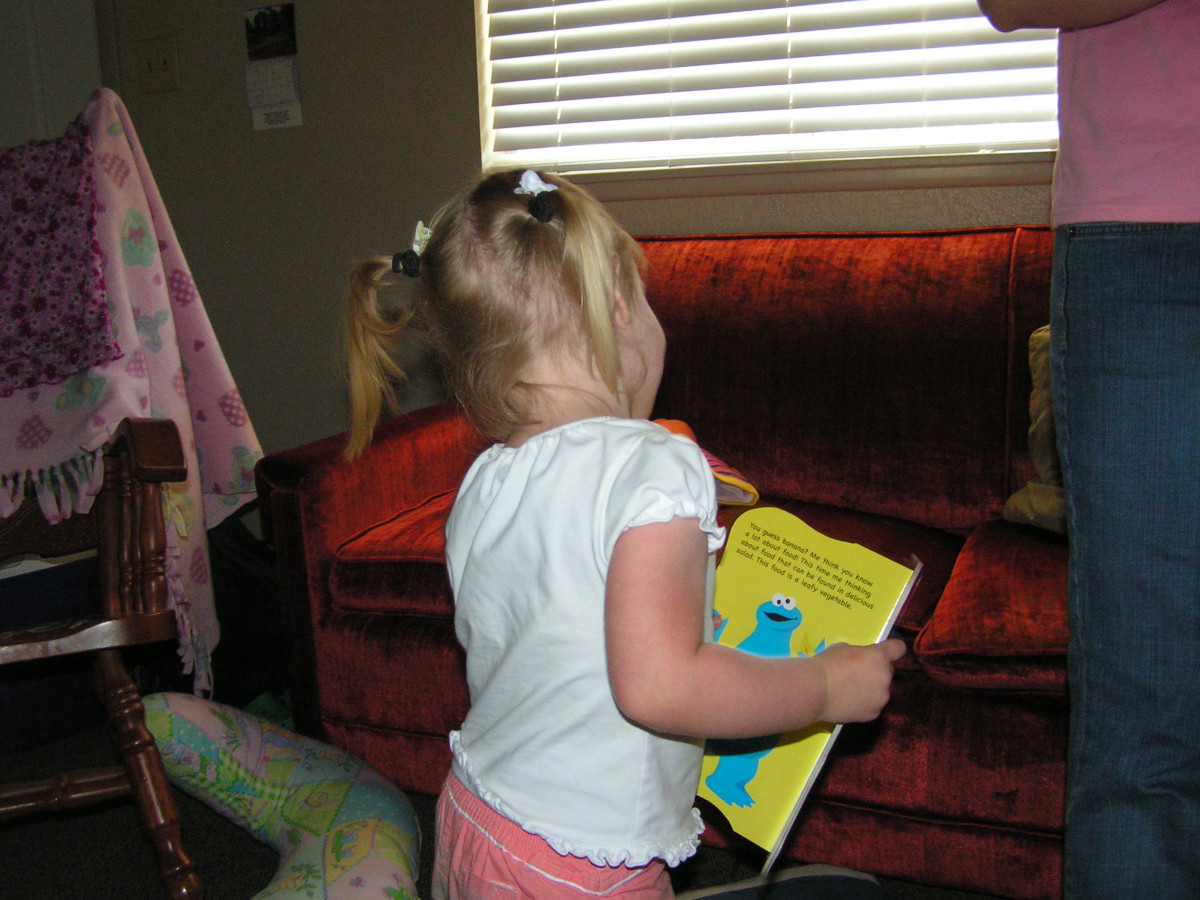- HubPages»
- Family and Parenting»
- Parenting Skills, Styles & Advice»
- Parenting Advice & Tips
How Do We Teach Kids That a Failure Is an Option

Sometimes, it’s the kids who remind us what matters in life after all. And more often than not, maybe it’s the kids who ring a bell to us that failure should be an option as well.
I live beside my brother’s house. We live in the same compound as my parents. One day, my 7-year-old niece, Yassi, went home crying because she wanted to join the Miss United Nations’ competition. Her mother refused because, before this, she joined two similar contests.
She won first runner-up on both contests but never the biggest crown. Maybe, to finish the argument with her, I told her an off-beam speech.
“Why would you want to join the competition when you never win the crown?” I snapped at her. Her respond was wise beyond her age that took me back.
“Winning is not what I’m after. I just want the experience.”
How to let kids embrace failure as an option
Fathers, mothers, and educators shouldn’t conceive inability as only a source of pain, according to Madeline Levine, Ph.D. Dr. Levine is also an author of The Price of Privilege: How Parental Pressure and Material Advantage Are Creating a Generation of Disconnected and Unhappy Kids. She added that parents should also consider failure as an option for the kid to acknowledge that he/she is fierce.

Some parents embrace the idea that it’s their career to mold their child to consider themselves as a million bucks. So, failure is never an option. But, the biting wit is that setbacks are, in fact, constructive for kids.
Sometimes, educators like me contribute to the wide of the mark perception that we shouldn’t appreciate failures. Some parents and educators assume that only conquests shape the youths’ characteristics.
Mentors and parents alike should be aware of this review of 200 studies published in Psychological Science in the Public Interest. The studies revealed that self-esteem didn’t trigger kids to acquire better grades or advance in their career.
A psychologist at Florida State University in Tallahassee, Roy Baumeister, Ph.D., explained that success directs an individual to feel good about himself. Also, it’s not the other way around, according to Dr. Baumeister.
Do you need more convincing? Another trial published in the Journal of Social Science and Clinical Psychology discovered that pupils who were performing inadequately in college made even worse after labors to increase their self-esteem.
So, what’s the point? There’s no perfect answer if as a parent, should you refrain the impulse to safeguard your child from getting bruises when he is about to tumble to the floor. Or would you hold back yourself from talking to his teacher when he never gets the lead role to a children’s school play?
Parents must ascertain how much stress your child can bear. And yes, there are steps a teacher and mentor can go in for to equip him with coping to things he can’t control.
Directing kids to acknowledge that failure is inevitable in life
Guiding your kid
When you indeed want to train your child to accomplish stumbling blocks, be your kid’s mentor. Guide him but not smother him to appease him every time he falls short at a task. Don’t be his savior all the time when he feels left out. Guide him how to cope with his emotions reasonably.

The author of You Can’t Make Me: How to Parent With more Connecting and Less Correcting Vickie Falcone suggested it’s better to ask your kid how he feels when he gets home crying when other children wouldn’t let him join in their game. Then, ask him what he can do to change the circumstance next time. When you brainstorm your kid to do something about the situation, the more solutions he can think of, the better.
My 7-year-old niece and 9-year-old nephew wanted to play with the neighboring kids on our block. No matter how often they try to befriend them, the kids would only smile back at them but never let them join their game. I could see how heartbroken they were every afternoon after school time.
So, I called them both and asked them what games do they think these kids want to play. I could see the light in their eyes and how excited they were thinking of games they could play with these kids.
After, I told them to look for toys or things at home they think they can share with these kids. We found old balloons that aren’t useful anymore because they were nibbled by tiny ants and left small holes in each of them. They also found large chunks of colored chalks and their Pokemon cards.
The next day, they brought a box jammed with balloons with water in it. The next thing I know, the kids’ giggles and laughter filled our street while they played water balloon wars. After that, they played hopscotch with the blocks of colored chalks. And the following day, my nephew shared his Pokemon cards.
But it’s critical to note not to rebuff the kids on their simple ideas, or they’ll close down their ability to creative problem-solving. More so, it’s better to express that it can be an option. But, ask them if they can think of better possibilities as well.
Scale down on praising your kids
Children who receive a lot of compliments can become dependent on others for validation. Showering them with overpraises may end up needing a frequent flood of positive feedback to feel esteemed.

Psychologist and author of Tough Times, Strong Children, Dan Kindlon, Ph.D., stated that children should become confident from rising above difficulty. And that self-assurance shouldn’t come from being told how great the kid is all the time.
A study conducted by Carol Dweck Ph.D. gave 400 fifth-grade students puzzle to finish. The Journal of Personality and Social Psychology published the study. The research reveals how ill-advised compliment can go wrong.
Upon working on the puzzle, one group received praises for their intelligence, such as “you must be smart at this!” The other group had compliments for their effort, “you must have worked really hard!”
Both groups weren’t able to complete the tricky puzzles. Next, they were both presented easy puzzles.
The “smart” group dispirited by their earlier failure, performed 20 percent worse. The group commended for trying hard achieved 30 percent better.
The study shows that making an effort is something children can dominate. So, it inspires them to work harder and to manage failure. But, if they credit achievements to their intelligence, when they fall short, they also lose their motivation.
My 9-year-old nephew Miguel was top of his class. But, he became laidback because he relied on his brilliance to get good grades. He’s used to receiving praises on how smarter he is from kids around his age.
On the next grading, he fell to the top two, and it disheartened him so much. As an educator, I have to deliver him the precise motivation.
I reminded him of the fable of the rabbit and the turtle. I made him recognize that even when he’s brilliant, it’s the pupil who works hardest always brings the gold medal home.
I prompted him that we all love him no matter what when he gets gold or not. But, we also motivated him that whenever he works hard to get what he wants, he always can. So, the coming quarters, he maintained being the top of his class.
Support the kids to try new things.
Parents and guardians every so often restrict their children by being controlling. By nature, kids settle towards things which they excel. They also incline to hobbies that interest them.

Be cautious if your child shuns another activity because he fears how he’ll accomplish. Sooner, he’ll fail the inclination to extend his possibilities. As a parent or mentor, it’s our task to highlight effort and improvement instead of victories.
Let your kid develop self-control
Self-control is a skill your child can bank on all through his life. Teach your children to delay gratification.
Whether it’s a videogame after the exams, or a candy before a meal, children ask what they want. So, urge them to be patient and develop self-control.
My niece and nephew love to watch YouTube videos plus play their mobile games. But, I admire how their parents discipline them to allow them to play two hours only on weekends. During summertime, they can play two hours a day for at least three times a week.
More so, they know that candies and other sweets are a no-no until after a full meal. They also see the value of every toy purchased for them. They have the privileged to get their hands on whatever toy they want.
However, in most expensive toys, their parents prepare them to work and demonstrate that they do deserve it. They need to show their commitment to studying their lessons, cleaning up their rooms, and being dutiful kids. They need to learn the value of working on getting something they want. Although rewards can also be lavish sometimes.
Manage expectations
When my niece forgot a part of her introduction line in a competition, instead of scolding her with it, we congratulated her for delivering them articulately. Adults can never prevent kids from experiencing frustrations.
But, we can ease their concern by saving their hope within reason. When things don’t work out, support the experience that small setbacks are a part of life.
Adults should be a good role model.
Adults also need to take responsibility for shortcomings. It’s to reveal to kids that adults make mistakes as well. Phrases like, “ I can do it again,” “I’ll try harder next time,” or I’ve done it before,” will also help children cope up with their own inadequacies.
More so, it’s critical to handle our own stress with grace. Showing panic in pressures is not validating excellent coping skills.
© 2019 Miel Reyes








